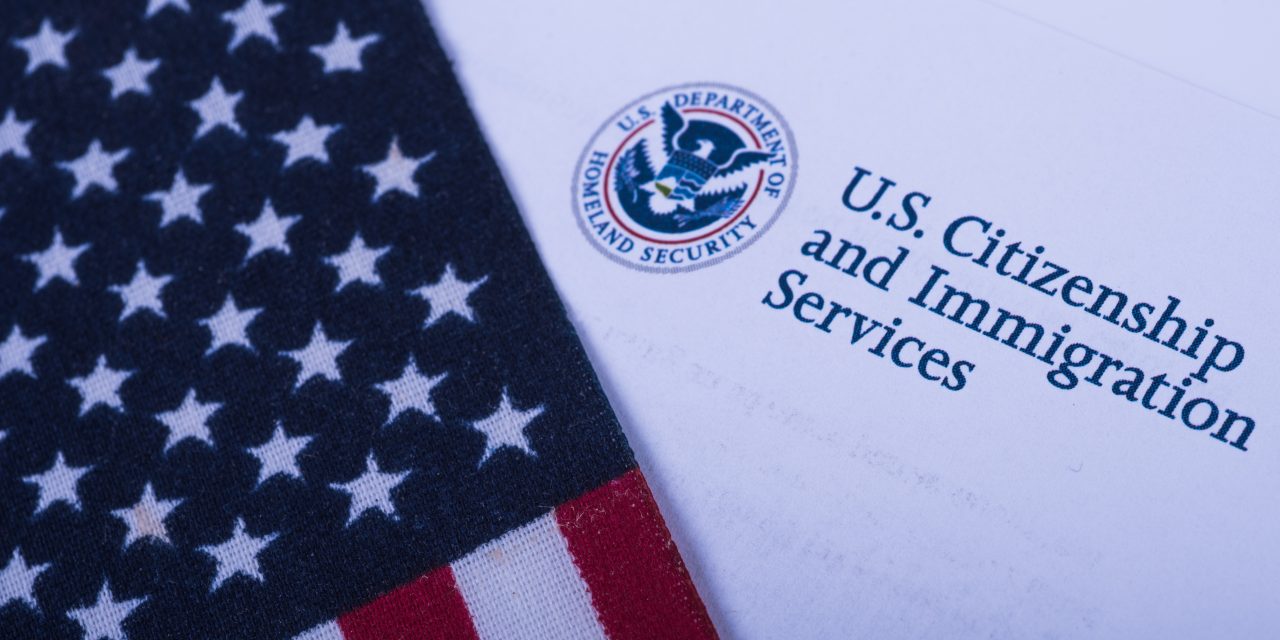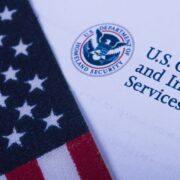
A FEDERAL appeals court on Wednesday, November 4 allowed the U.S. Citizenship and Immigration Services (USCIS) to continue enforcing the Trump administration’s expanded “public charge” immigration rule that would deny green cards to immigrants who rely on public benefits like food stamps and housing vouchers.
The ruling comes amidst developing presidential election results and just two days after a Chicago federal judge blocked the public charge rule.
On Monday, Judge Gary Feinerman of the U.S. District Court for the Northern District of Illinois cited a Seventh Circuit holding that said the rule change was “arbitrary and capricious” due to “numerous unexplained serious flaws.”
In his 14-page ruling, Feinerman said the public charge rule fell outside the Department of Homeland Security’s (DHS) authority set under the Immigration and Nationality Act (INA).
Under federal law, noncitizens seeking to obtain legal permanent residency are already required to prove that they are not likely at any time to become a burden on the government, or in other words, become a “public charge.”
The Trump administration’s rule change that was announced in September 2018 broadened the definition of who would become a public charge to include applicants who used food stamps, housing vouchers, cash assistance, and most forms of Medicaid among other factors.
USCIS spokesperson Matthew Bourke said Wednesday that the rule would immediately apply to pending cases, but not to applications or petitions approved in light of the Monday ruling, the Associated Press reported.
The public charge rule litigation may reach the Supreme Court. Newly appointed Justice Amy Coney Barrett had sided with the Trump administration’s rule expansion in her dissenting opinion while serving as circuit judge in the Seventh Circuit.
Critics of the expanded public charge rule definition say that it essentially created a “wealth test” for immigrants seeking to obtain permanent residency and would force many to choose between maintaining immigration status or meeting basic needs like food.
Heng Lam Foong, former senior policy manager with the Health Access Project at Advancing Justice – Los Angeles, told the Asian Journal after the rule’s 2018 announcement that approximately 3.8 million Asian American and Pacific Islander (AAPI) immigrants relied on some form of public benefit to make ends meet.
Many have seen it also as a public health issue.
A study by The New England Journal of Medicine said in 2018 that an estimated one million non-citizens would potentially become uninsured as a result of the new public charge rule.
“If this rule takes effect, it will most likely harm the health of millions of people and undo decades of work by providers nationwide to increase access to medical care for immigrants and their families,” the study reported.
Cook County State’s Attorney Kim Foxx, who partnered with the Illinois Coalition for Immigrant and Refugee Rights (ICIRR) in challenging the rule, said she was not surprised by the continued litigation.
“It’s no surprise that Trump’s team is attempting to remove barriers that wouldn’t allow enforcement of his unlawful public charge definition, even after the courts clapped back at him earlier this week,” Foxx said in a statement on Wednesday.
Democratic nominee Joe Biden, who as of this writing has not secured the needed electoral votes to become president-elect, said that he would end the Trump administration’s public charge rule if elected.







